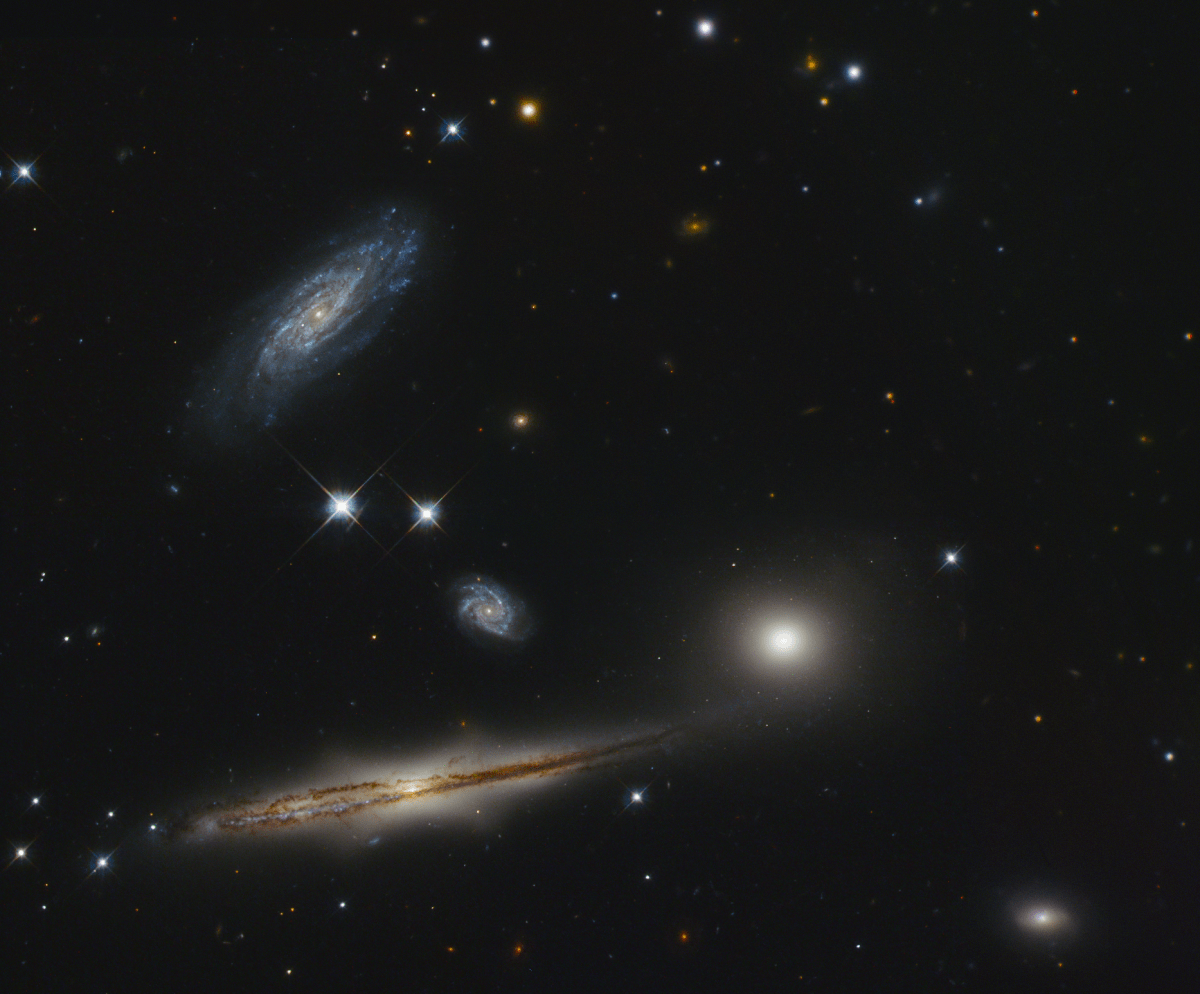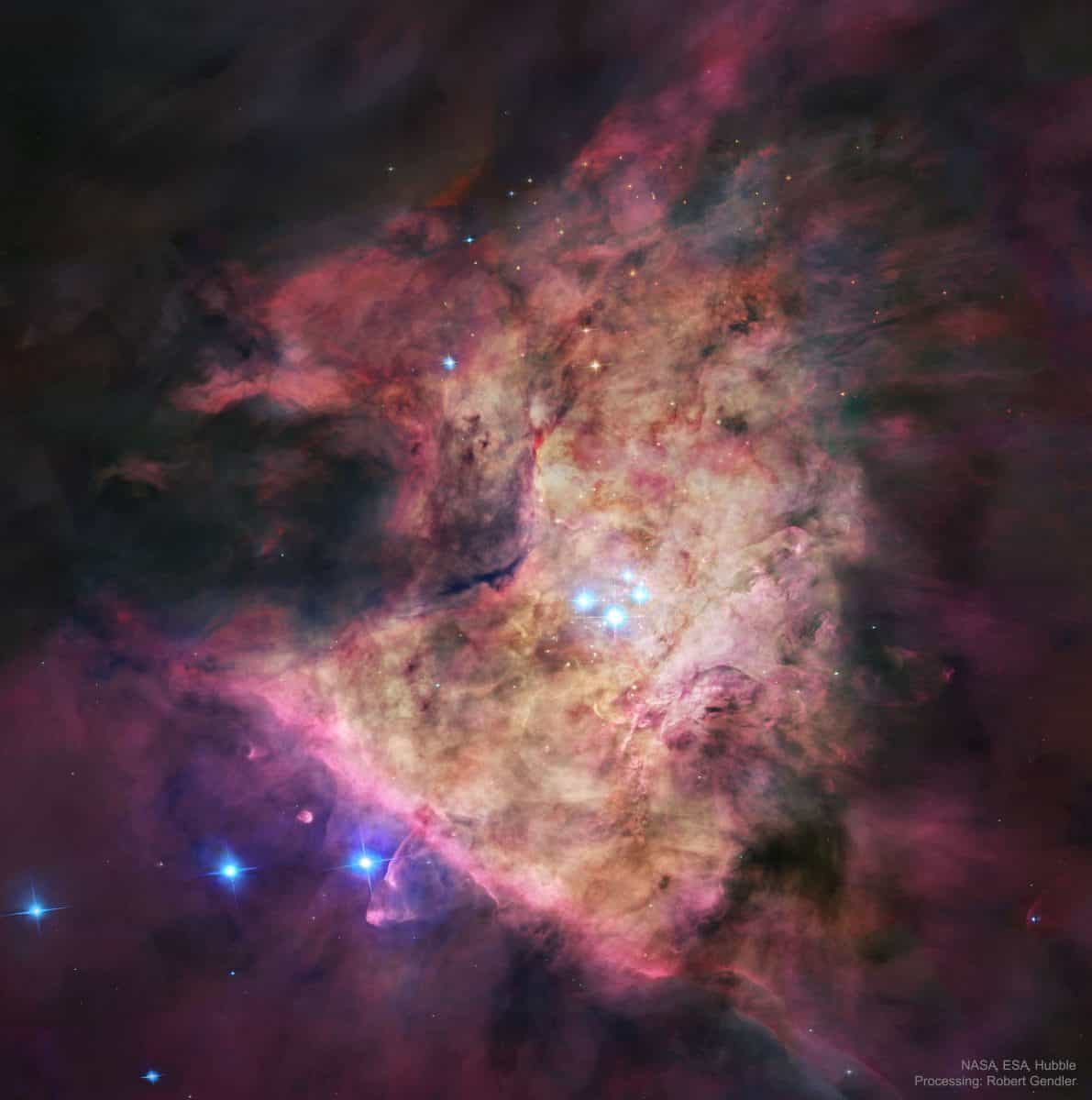Blog
Urban Clifford “Urbie” Green (born August 8, 1926) is an American jazz trombonist who toured with Woody Herman, Gene Krupa, Jan Savitt, and Frankie Carle.
He has played on over 250 recordings and has released more than two dozen albums as a soloist and is highly respected by his fellow trombonists. Green’s trombone sound is especially noted for its warm, mellow tone, even in the higher registers where he is more fluent than most trombonists. His technique is considered flawless by many in the music industry and has appeared in major jazz festivals, motion pictures, concert halls, nightclubs, radio, television and the White House. He was inducted into the Alabama Jazz Hall of Fame in 1995.
Born in Mobile, Alabama, Green was taught the piano as a child by his mother, jazz and popular tunes from the beginning. He picked up the trombone, which both older brothers played, when he was about 12. Although he listened to such trombone greats as Tommy Dorsey, J. C. Higginbotham, Jack Jenney, Jack Teagarden and Trummy Young he has said that he was more influenced by the styles of Dizzy Gillespie, Charlie Parker, and Lester Young. Urbie’s trombone style was also influenced by vocalists such as Perry Como, and the vocal style of Louis Armstrong.
more...Bennett Lester Carter (August 8, 1907 – July 12, 2003) was an American jazz saxophonist, clarinetist, trumpeter, composer, arranger, and bandleader. With Johnny Hodges, he was a pioneer on the alto saxophone. From the beginning of his career in the 1920s he was a popular arranger, having written charts for Fletcher Henderson’s big band that shaped the swing style. He had an unusually long career that lasted into the 1990s. During the 1980s and ’90s, he was nominated for eight Grammy Awards, which included receiving a Lifetime Achievement Award.
Born in New York City in 1907, he was given piano lessons by his mother and others in the neighborhood. He played trumpet and experimented briefly with C-melody saxophone before settling on alto saxophone. In the 1920s, he performed with June Clark, Billy Paige, and Earl Hines, then toured as a member of the Wilberforce Collegians led by Horace Henderson. He appeared on record for the first time in 1927 as a member of the Paradise Ten led by Charlie Johnson. He returned to the Collegians and became their bandleader through 1929, including a performance at the Savoy Ballroom in New York City.
In his early 20s, Carter worked as arranger for Fletcher Henderson after that position was vacated by Don Redman. He had no formal education in arranging, so he learned by trial and error, getting on his knees and looking at the existing charts, “writing the lead trumpet first and the lead saxophone first—which, of course, is the hard way. It was quite some time that I did that before I knew what a score was.”
He left Henderson to take Redman’s former job as leader of McKinney’s Cotton Pickers in Detroit. In 1932 he formed a band in New York City that included Chu Berry, Sid Catlett, Cozy Cole, Bill Coleman, Ben Webster, Dicky Wells, and Teddy Wilson. Carter’s arrangements were complex. Among the most significant were “Keep a Song in Your Soul”, written for Henderson in 1930, and “Lonesome Nights” and “Symphony in Riffs” from 1933, both of which show Carter’s writing for saxophones.
more...Namgyal Lhamo is a singer, songwriter and actress. Namgyal Lhamo originally hails from Shigatse in Tibet. Winner of the Best Female Singer award at the 2007 Tibetan music awards, Namgyal Lhamo took to singing at a very young age and was chosen to be trained at the Tibetan Institute of Performing Arts in Dharamsala, India established by the Dalai Lama, to preserve the cultural identity of Tibetans by keeping alive their artistic traditions and by sharing them with the world.
more...This view shows part of the very active star-forming region around the Tarantula Nebula in the Large Magellanic Cloud, a small neighbour of the Milky Way. At the exact centre lies the brilliant but isolated star VFTS 682 and to its lower right the very rich star cluster R 136. The origins of VFTS 682 are unclear — was it ejected from R 136 or did it form on its own? The star appears yellow-red in this view, which includes both visible-light and infrared images from the Wide Field Imager at the 2.2-metre MPG/ESO telescope at La Silla and the 4.1-metre infrared VISTA telescope at Paranal, because of the effects of dust.
Distance 164,000 ly
more...Bassekou Kouyaté (born 1966) is a musician from Mali. His band is known as Ngoni ba.
He was born in Garana, Barouéli Cercle, 60 kilometres from Ségou in 1966. At the age of 12, he started playing the Ngoni. In the late 1980s he moved to the capital Bamako.
Kouyaté’s debut album Segu Blue was released internationally in 2007 by Out Here Records and distributed in the U.K. by Proper Music Distribution. The album was produced by Lucy Durán. He has also appeared on a number of albums by Toumani Diabaté and has performed in several European countries. In 2010, Kouyaté has been on tour with Béla Fleck.
Kouyaté’s wife, Amy Sacko, is also a successful solo artist and sings lead in his band. His father Mustapha Kouyaté was a ngoni player and his mother Yagaré Damba was a praise singer.
Kouyate, together with wife Sacko and Ngoni Ba, appeared at The 2013 Proms.
more...Rahsaan Roland Kirk (August 7, 1935 – December 5, 1977) was an American jazz multi-instrumentalist who played tenor saxophone, flute, and many other instruments. He was renowned for his onstage vitality, during which virtuoso improvisation was accompanied by comic banter, political ranting, and the ability to play several instruments simultaneously.
Kirk was born Ronald Theodore Kirk in Columbus, Ohio, where he lived in a neighborhood known as Flytown. He felt compelled by a dream to transpose two letters in his first name to make ‘”Roland”. He became blind at an early age as a result of poor medical treatment In 1970, Kirk added “Rahsaan” to his name after hearing it in a dream.
Kirk’s musical career spans from 1955 until his death in 1977. He preferred to lead his own bands and rarely performed as a sideman, although he did record with arranger Quincy Jones, drummer Roy Haynes and worked with bassist Charles Mingus. One of his best-known recorded performances is the lead flute and solo on Jones’ “Soul Bossa Nova“, a 1964 hit song repopularized in the Austin Powers films (Jones 1964; McLeod et al. 1997).
more...George Van Eps (August 7, 1913 – November 29, 1998) (often called the Father of the Seven-String Guitar) was an American swing and mainstream jazz guitarist.
George Van Eps was born in Plainfield, New Jersey, into a family of musicians. His three brothers were musicians. His mother was a classical pianist and his father, Fred Van Eps, was a ragtime banjoist. George Van Eps began playing banjo when he was eleven years old. After hearing Eddie Lang on the radio, he put down the banjo and devoted himself to guitar. By the age of thirteen, in 1926, he was performing on the radio. Through the middle of the 1930s, he played with Harry Reser, Smith Ballew, Freddy Martin, Benny Goodman, and Ray Noble.
more...Here is a group of galaxies known as Hickson Compact Group 87 (HCG 87) in near-infrared and visible light. I combined datasets from Hubble’s WFPC2 and Gemini South’s GMOS to create a more complete picture of the group. The upper right corner and top and right edges, which you may notice are slightly fuzzier in appearance, come from Gemini, while the larger part of the image in the lower left comes from Hubble. The filter sets were not quite the same, but I found they blended together quite well regardless.
Despite the galaxies being apparently close together, interaction between them seems rather subtle to me, with the most obvious sign including a perturbation in the dust of the edge-on galaxy at the lower left of the image, which is called HCG 87a. This edge-on spiral is quite picturesque with its contrasting dust lane, prominent X-shaped nucleus, and blue streak of star formation.
Another member of the group, HCG 87b, is a large, bright elliptical galaxy seen to the right of HGC 87a. Striking to me about this elliptical are the numerous pinpoints surrounding it, which I assume to be a halo of globular clusters or something similar, like the cores of smaller galaxies that have long since merged with the elliptical. This leads me to conclude that HCG 87b is huge in size compared to the others, but must be more distant. Some faint, partial shells are visible in the upper right quadrant of the galaxy, hinting at some kind of interaction, perhaps an older one. Simulations have shown that shell features could form after ellipticals have taken in some smaller galaxy.
Hubble colors: Red: WFPC2 F814W + WFPC2 F675W Green: WFPC2 F555W Blue: WFPC2 F450W
Gemini colors: Red: i (780 nm) Green: r (630 nm) Blue: g (475 nm)
North is NOT up. It is 45.1° counter-clockwise from up.
more...Charles Edward Haden (August 6, 1937 – July 11, 2014) was an American jazz double bass player, bandleader, composer and educator known for his deep, warm sound, and whose career spanned more than fifty years. In the late 1950s, Haden was an original member of the ground-breaking Ornette Coleman Quartet.
Haden revolutionized the harmonic concept of bass playing in jazz. About him, German musicologist Joachim-Ernst Berendt commented, “His ability to create serendipitous harmonies by improvising melodic responses to Coleman’s free-form solos (rather than sticking to predetermined harmonies) was both radical and mesmerizing. His virtuosity lies…in an incredible ability to make the double bass ‘sound out’. Haden cultivated the instrument’s gravity as no one else in jazz. He is a master of simplicity which is one of the most difficult things to achieve.” ) Haden played a vital role in this revolutionary new approach, evolving a way of playing that sometimes complemented the soloist and sometimes moved independently. In this respect, as did his predecessor bassists Jimmy Blanton and Charles Mingus, Haden helped liberate the bassist from a strictly accompanying role to becoming a more direct participant in group improvisation. In 1969, he formed his first band, the Liberation Music Orchestra, featuring arrangements by pianist Carla Bley. In the late 1960s, he became a member of pianist Keith Jarrett’s trio, quartet and quintet. In the 1980s, he formed his band, Quartet West. Haden also often recorded and performed in a duo setting, with musicians including guitarist Pat Metheny and pianist Hank Jones.
Haden was born in Shenandoah, Iowa. His family was exceptionally musical and performed on the radio as the Haden Family, playing country musicand American folk songs.
more...Anna Marie Wooldridge (August 6, 1930 – August 14, 2010), known by her stage name Abbey Lincoln, was an African-American jazz vocalist, songwriter, and actress, who wrote and performed her own compositions. She was a civil rights advocate and activist from the 1960s on. Lincoln made a career not only out of delivering deeply felt presentations of standards but writing and singing her own material as well.
Born in Chicago but raised in Calvin Center, Cass County, Michigan, Lincoln was one of many singers influenced by Billie Holiday. She often visited the Blue Note jazz club in New York City. Her debut album, Abbey Lincoln’s Affair – A Story of a Girl in Love, was followed by a series of albums for Riverside Records. In 1960 she sang on Max Roach‘s landmark civil rights-themed recording, We Insist! Lincoln’s lyrics were often connected to the civil rights movement in America.
more...William Marcel “Buddy” Collette (August 6, 1921 – September 19, 2010) was an American jazz flautist, saxophonist, and clarinetist. He was a founding member of the Chico Hamilton Quintet.
William Marcel Collette was born in Los Angeles on August 6, 1921. He was raised in Watts, surrounded by people of all different ethnicities. He lived in a house built by his father in an area with cheap, plentiful land.
After serving as a U.S. Navy band leader, he played with the Stars of Swing (Woodman, Mingus, and Lucky Thompson), Louis Jordan, and Benny Carter.
In 1949, he was the only black member of the band for You Bet Your Life, a TV and radio show hosted by Groucho Marx. In the 1950s, he worked as a studio musician with Frank Sinatra, Ella Fitzgerald, Duke Ellington, Count Basie, Nat King Cole, and Nelson Riddle.
In 1955 he was a founding member of the Chico Hamilton Quintet, playing chamber jazz flute with guitarist Jim Hall, cellist Fred Katz, and bassist Carson Smith. He also taught, and his students included Mingus, James Newton, Eric Dolphy, Charles Lloyd, and Frank Morgan. He helped merge an all-black musicians’ union with an all-white musicians’ union.
https://www.youtube.com/watch?v=vjftMjBP2Fg
more...Near the center of this sharp cosmic portrait, at the heart of the Orion Nebula, are four hot, massive stars known as the Trapezium. Gathered within a region about 1.5 light-years in radius, they dominate the core of the dense Orion Nebula Star Cluster. Ultraviolet ionizing radiation from the Trapezium stars, mostly from the brightest star Theta-1 Orionis C powers the complex star forming region’s entire visible glow. About three million years old, the Orion Nebula Cluster was even more compact in its younger years and a recent dynamical study indicates that runaway stellar collisions at an earlier age may have formed a black hole with more than 100 times the mass of the Sun. The presence of a black hole within the cluster could explain the observed high velocities of the Trapezium stars. The Orion Nebula’s distance of some 1,500 light-years would make it the closest known black hole to planet Earth.
more...Airto Moreira (born August 5, 1941) is a Brazilian jazz drummer and percussionist. He is married to jazz singer Flora Purim, and their daughter Diana Moreira is also a singer.
Airto Moreira was born in Itaiópolis, Brazil, into a family of folk healers, and raised in Curitiba and São Paulo. Showing an extraordinary talent for music at a young age, he became a professional musician at age 13, noticed first as a member of the samba jazz pioneers Sambalanço Trio and for his landmark recording with Hermeto Pascoal in Quarteto Novo in 1967. Shortly after, he followed his wife Flora Purim to the United States.
After moving to the US, Moreira began playing regularly with jazz musicians in New York, including the bassist Walter Booker. Through Booker, Moreira began playing with Joe Zawinul, who in turn introduced him to Miles Davis. At this time Davis was experimenting with electronic instruments and rock and funk rhythms, a form which would soon come to be called jazz fusion. Moreira was to participate in several of the most important projects of this emerging musical form. He stayed with Davis for about two years, touring and participating in the creation of the seminal fusion recording Bitches Brew (1970).
https://www.youtube.com/watch?v=UV8-x8UZOo0
more...
Leonard Harold Breau (August 5, 1941 – August 12, 1984) was an American-born guitarist and music educator. Breau blended many styles of music, including jazz, country, classical, and flamenco. Inspired by country guitarists like Chet Atkins, Breau used fingerstyle techniques not often used in jazz guitar. By using a seven-string guitar and approaching the guitar like a piano, he opened up possibilities for the instrument.
Breau was born August 5, 1941, in Auburn, Maine, but moved with his family to Moncton, New Brunswick in 1948.
Around 1959 Breau left his parents’ country band after his father slapped him in the face for incorporating jazz improvisation into his playing with the group. He sought out local jazz musicians, performing at Winnipeg venues Rando Manor and the Stage Door. He met pianist Bob Erlendson, who began teaching him more of the foundations of jazz. In 1962, Breau left for Toronto and created the jazz group Three with singer and actor Don Francks, and Eon Henstridge on acoustic bass.
Three performed in Toronto, Ottawa, and New York City. Their music was featured in the 1962 National Film Board documentary Toronto Jazz. They recorded a live album at the Village Vanguard in New York City and appeared on the Jackie Gleason and Joey Bishop television shows. Returning to Winnipeg, Breau became a session guitarist, recording for CBC Radio and CBC Television, and contributed to CBC-TV’s Teenbeat, Music Hop, and his own The Lenny Breau Show.
more...Pandit Kumar Bose was born April 4, 1953. He is one of India’s most respected and skilled tabla players. He is the most established disciple of the legendary maestro, Pandit Kishan Maharaj, belonging to the Benares gharana (school) of tabla playing, and is equally regarded for his tabla solo recitals as well as his accompaniment. Kumar Bose has performed and recorded with some of the greatest Indian musicians, including Ravi Shankar.
more...More Posts
- World Music with Les Grands Hurleurs
- Daily Roots with the Twinkle Bros
- Cosmos M78
- McCoy Tyner
- Big Mama Thornton
- Enrico Macias
- Pérez Prado
- Carlos Gardel
- Hector Berlioz
- World Music with Mazagan
- Daily Roots with Wailing Souls
- Cozmos Sh2-261
- Bob Cranshaw
- Pops Mohamed
- Guitar Slim
- Ray Nance
- Flamenco Fridays with Mercedes Luján
- Daily Roots with the Gladiators
- Robbie Shakespeare Memorial
- Cozmos NGC 253


